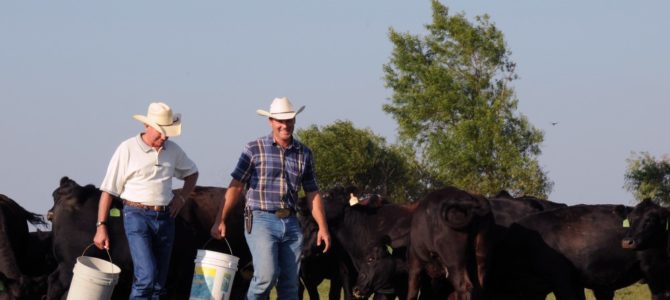There’s a new kind of pork emanating from Washington. In some ways it’s much worse than the millions, or even billions, of dollars spent on pet projects in the districts of Congress’ most powerful members.
It was widely reported recently that U.S. prisons reversed course on having removed pork from prison menus. The original decision wasn’t related to cutting costs or appeasing those who do not eat pork. Instead, it was finally made after years of inmate surveys made it clear that pork was consistently the least popular food served in the cafeterias.
Feeding 200,000 inmates three meals a day takes a little bit of planning. The plan was quickly scrapped, however, when Iowa Sen. Chuck Grassley caught wind of it.
Force-Fed Pork
It seems fair that elected officials should have control over unelected bureaucrats. So Grassley, it might seem, should have some say over the matter, because he chairs the Senate Judiciary Committee. Unfortunately, that committee didn’t make this change. There were no discussions, debate, or legislation. Instead, the powerful senator let his opposition be known, and the prison system obliged.
Why would Grassley care about this to begin with? We assume he doesn’t simply want to make prison less enjoyable by serving the food prisoners like least. His home state of Iowa, America’s largest producer of pork, probably has more to do with it.
The senator is simply looking out for the hard-working farmer, right? Unfortunately, this arrangement is bad for everyone but the pork farmer. The price of pork belly rose 174 percent between April and August this year, and artificial demand only makes it more expensive for consumers.
That means taxpayers lose twice, both when they go to buy pork and because their tax dollars are now paying the higher prices for prisoners to get it. Chicken farmers miss out on business but, of course, they are mostly in other states. Lastly, inmates lose, because they are being served food they don’t like.
I Only Like Iowa Pork
At least Grassley’s strong-arm defense of one of his state’s biggest industries isn’t inconsistent. Last year, he vociferously fought for extension of tax credits for the wind-energy industry, which, of course, is big in Iowa. It’s not inconsistent, it’s hypocritical. The senator rightly criticized the disastrous Solyndra deal, which exemplified Washington’s hubris in attempting to pick business winners and losers. Had Solyndra been based in Iowa instead of California, however, perhaps the senator might have seen things differently.
This episode highlights three of the many problems in Washington. First, it’s pork. District interests (or donor interests, to the cynical) trumped the general interest. Second, this wasn’t pork-barrel legislation, it was pork-barrel bullying. With no debate or vote, this was simply one senator flexing his special-interest muscle at the expense of nearly everyone else.
Finally, and possibly most worrisome, it exemplifies a Washington that sticks its nose into everything—even whether inmates should have pork chops or baked chicken for dinner.









